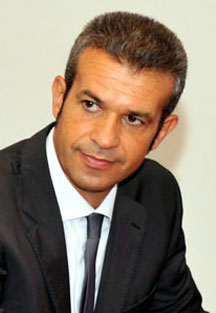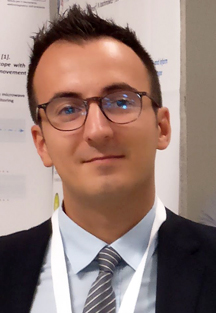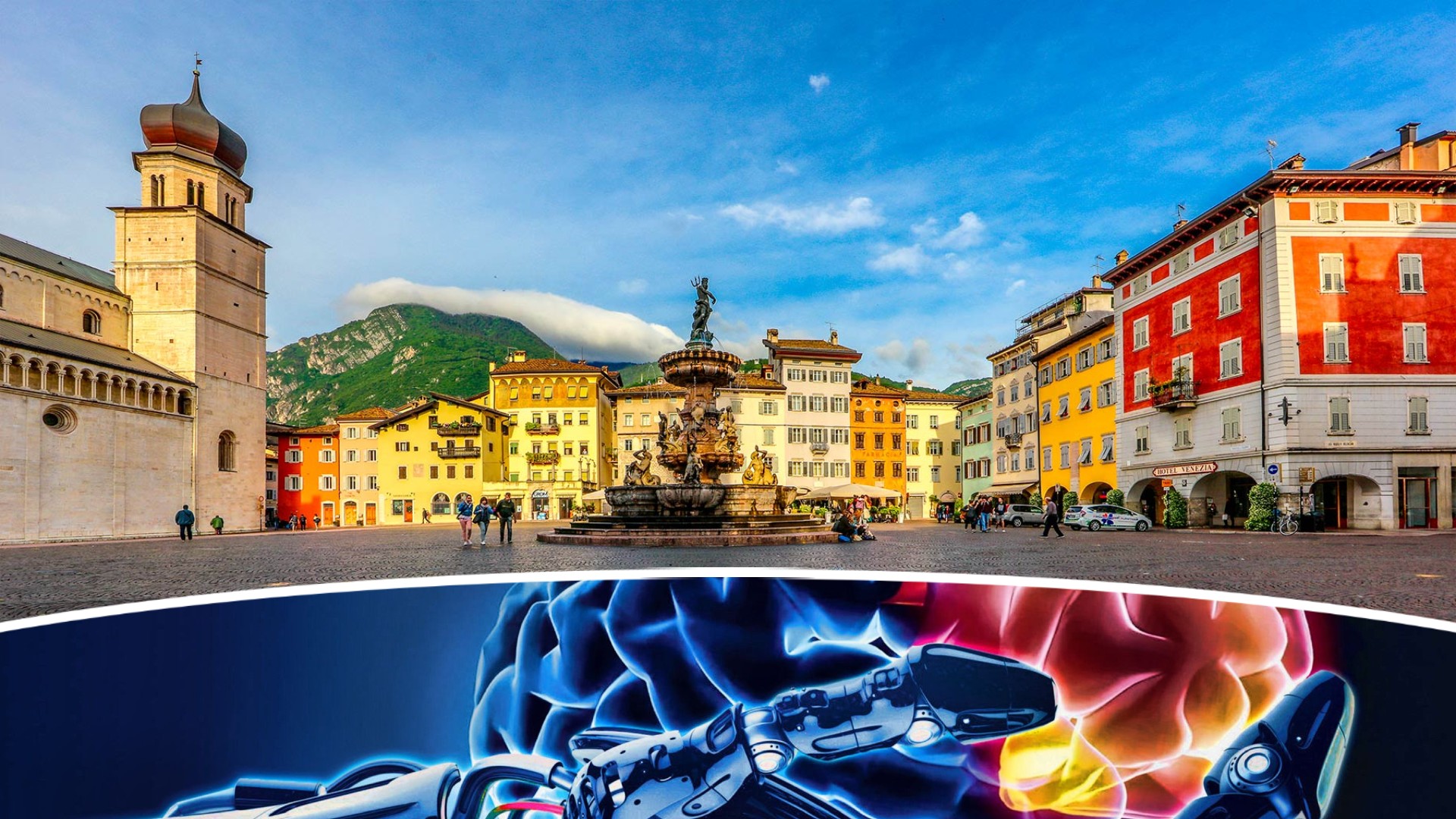COURSE PURPOSES
Understanding and solving complex problems in the physical world has been an intelligent endeavor of humankind. Moreover, the study of artificial intelligence (AI) embodies the dream of designing machines like humans. Research in machine learning (ML) and, more recently, on deep learning (DL) techniques has attracted much attention in many engineering fields. With the spreading of such techniques, improvement in learning capacity may allow machines to “learn” from a large amount of physical data and “master” the physical laws in certain controlled boundary conditions. In the long run, a hybridization of fundamental physical principles with ”knowledge” from big data could unleash numerous engineering applications that used to be impossible due to the limit of data information and computational capabilities.
The course aims at providing a solid background knowledge on AI and ML, with a focus on recent and competitive methodologies for the efficient and robust solution of both classification and regression problems in advanced engineering applications. Applicative examples including exercises will corroborate the theoretical concepts.
Course Topics
- Basics, fundamental theory, and pillar concepts of AI and ML;
- ML as a "three-steps" learning process for regression and classification purposes;
- Space reduction via feature selection strategies: Sequential Feature Selection (SFS), Sequential Forward Feature Selection (SFFS);
- Space reduction via feature extraction strategies: Principal Component Analysis (PCA), Partial Least Squares (PLS), Sammon Mapping (SM);
- Space exploration strategies via single-shot and adaptive sampling strategies: uniform grid/random sampling, Latin Hypercube Sampling (LHS), LOLA-Voronoi, Output Space Filling (OSF);
- ML for classification: Support Vector Machines (SVMs), Neural Networks (NNs);
- ML for regression: Gaussian Processes (GPs), Radial Basis Function Networks (RBFN), Support Vector Regression (SVR);
- Basics of DL: Deep Convolutional Neural Networks (CNNs);
- Applicative examples including exercises regarding specific engineering applications of AI and ML.
Course in Synthesis
Course Coordinators

Prof. MASSA Andrea
DICAM @ University of Trento, Italy
UESTC, China
Tsinghua University, China

Prof. BROCCARDO Marco
DICAM @ University of Trento, Italy

Dr. SALUCCI Marco
DICAM @ University of Trento, Italy
Contact Us
ELEDIA@UniTN – University of Trento
DICAM – Department of Civil, Environmental, and Mechanical Engineering
Via Mesiano 77, 38123 Trento – Italy
Phone: +39 0461 285227
Mail: didattica@eledia.org


